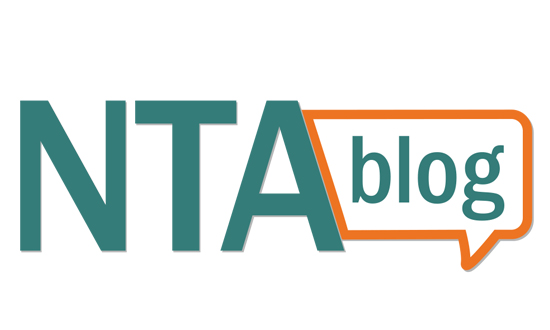Earlier this week, I submitted to Congress the 2019 Annual Report to Congress and the third edition of the National Taxpayer Advocate’s Purple Book, which presents legislative recommendations designed to strengthen taxpayer rights and improve tax administration for all taxpayers.
Section 7803(c)(2)(B)(ii) of the Internal Revenue Code (IRC), as amended by the Taxpayer First Act, dictates that the National Taxpayer Advocate submit a report to Congress each year describing the 10 most serious problems encountered by taxpayers and making administrative and legislative recommendations to mitigate those problems. The 2019 Report to Congress and the Purple Book do just that by identifying problems, making dozens of recommendations for administrative change, making 58 recommendations for legislative change, and analyzing the tax issues most frequently litigated in federal courts.
This report highlights the Taxpayer First Act, in which Congress has sent a clear message to the IRS that it should reassess how it approaches tax administration; how it can implement high-quality personalized customer service; and ultimately, what it needs to do differently and better going forward to meets its mission of “providing taxpayers top quality service by helping them understand and meet their tax responsibilities and enforce the law with integrity and fairness to all.” The Act requires the IRS to develop plans to revamp its taxpayer service strategy, organizational structure, employee training strategy, and technology priorities.
Most taxpayers want to comply with the law. But to do so, they must be able to get help from the IRS when they need it. I support the IRS’s plan to expand digital services, especially accounts online, which allow taxpayers to see valuable real-time information to understand how or why the IRS made certain decisions regarding their returns or accounts. But a digitally-focused organization does not necessarily equate to a customer service-focused organization. The IRS interacts with every taxpayer in the country, and many taxpayers may be well supported by a robust digital platform. That said, we must understand there are those who will still need to easily speak with someone at the agency – regarding simple or complex filing questions, payment options, or more information so they can answer an IRS request they don’t understand or meet a critical deadline. These people may even be quite active online but need or prefer speaking to a live person. We have also recommended a 311-type system staffed by employees who route calls (rather than an automated system) to help taxpayers.
To understand and address what taxpayers need requires the IRS to take an honest, holistic, taxpayer-focused review of its entire organization; it must assess what does or does not work, starting when the customer considers filing their taxes to resolving tax issues or addressing enforcement actions.
Customer service needs funding to support it. We address this in the “most serious problem” discussions on the need for more funding for the IRS to improve its customer service and modernizing its information technology systems.
We also look at problems facing taxpayers and practitioners in certain groups, such as return preparers, users of Free File, and multilingual taxpayers, and what the IRS needs to do to improve these interactions. We examine how certain IRS initiatives, such as the presence of IRS compliance personnel in Appeals conferences, the Offer in Compromise program, and Combination letters, impact taxpayer rights, and we recommend strategies for increasing the effectiveness of these initiatives.
We discuss processing delays that affected both taxpayers and the Taxpayer Advocate Service, including delays in releasing legitimate refunds, false positive rates as high as 71 percent, and inadequate information as to the reasons for refund delays and what steps taxpayers can take to expedite the process. This year, for the first time, TAS will hold a week of pre-filing season events across the United States and in Puerto Rico from January 13 to 17, where Local Taxpayer Advocates will share tips with taxpayers to help them avoid filing and processing delays.
This year’s report concludes with four in-depth research studies impacting segments of the taxpayer population. These studies contain valuable insights into Earned Income Tax Credit processes, the relative effectiveness of in-person audits versus correspondence audits, and Form 1023-EZ application determinations.
As the Taxpayer Advocate Service approaches its 20-year anniversary this year, we are proud to say we have assisted nearly 4.5 million taxpayers, made hundreds of administrative recommendations adopted by the IRS, and proposed some 46 legislative recommendations that Congress has enacted into law. These many years of experience working with individuals and businesses who cannot solve their problems with the IRS give TAS the unique ability to offer insight into how the IRS can shift its culture and examine what is working and what is not.
As the IRS considers the best path forward, I believe TAS should have had a seat at the table to the same extent as key IRS operating divisions for the purposes of implementing the Taxpayer First Act’s requirements. But absent that commitment from the IRS, TAS will participate on executive teams and lower-level working groups and continue to offer recommendations to enhance customer service and protect taxpayer rights based on our 20-year history of assisting taxpayers with problems with the IRS.



